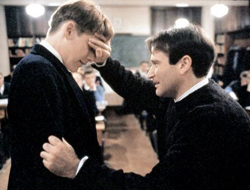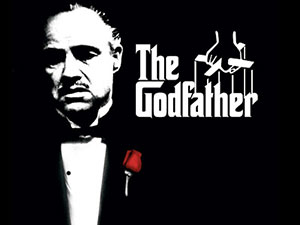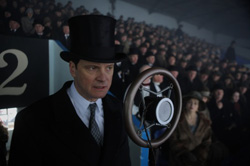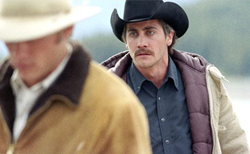
An emotionally powerful ending depends on 2 key moments before the climax itself. And neither of them is the Inciting Incident or a Turning Point.

If you want to write a Transcendent Story, don’t think happy or sad ending. Think “Ecstatic Agony”. Here I explore what that means and why it’s so powerful.

Here I identify five characteristics of the Transcendent Story that can touch both broad audiences and tough critics.

Here I introduce the very special sort of story that can reunite the disparate Hollywood and Indie audiences and achieve the filmmaking Holy Grail: critical and commercial success.

Here I illustrate the Hero’s Emotional Journey with examples from my own torturous but ultimately rewarding life as a screenwriter.

In my last post, I revealed where I diverge from Vogler on Character Arc. Here I outline a new Hero’s Journey that focuses on the protagonist’s emotional journey.

The Hero’s Journey transformed my storytelling but I fundamentally disagree with Chris Vogler on character arc.

If all you do at the midpoint is raise the stakes your script has little chance of packing much emotional punch at the climax. Here are the 2 things you should be focussed on delivering around the middle of Act 2.

Over the last 25 years, I’ve stumbled and lurched my way to some understanding of the screenwriter’s craft. Here I share the 10 screenwriting insights I wish I’d had when I started out.

One of my students just asked me how his hero could gain courage. This question goes to heart of character arcs so I thought I’d share my response.
